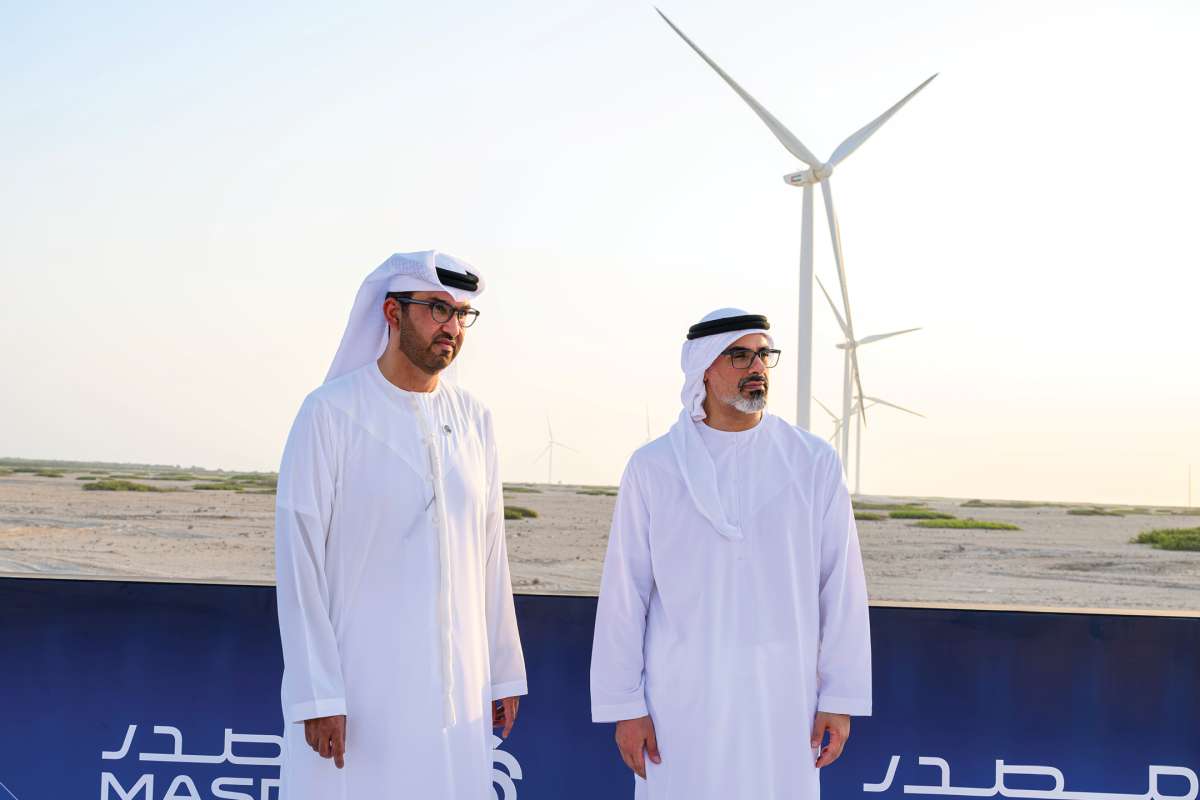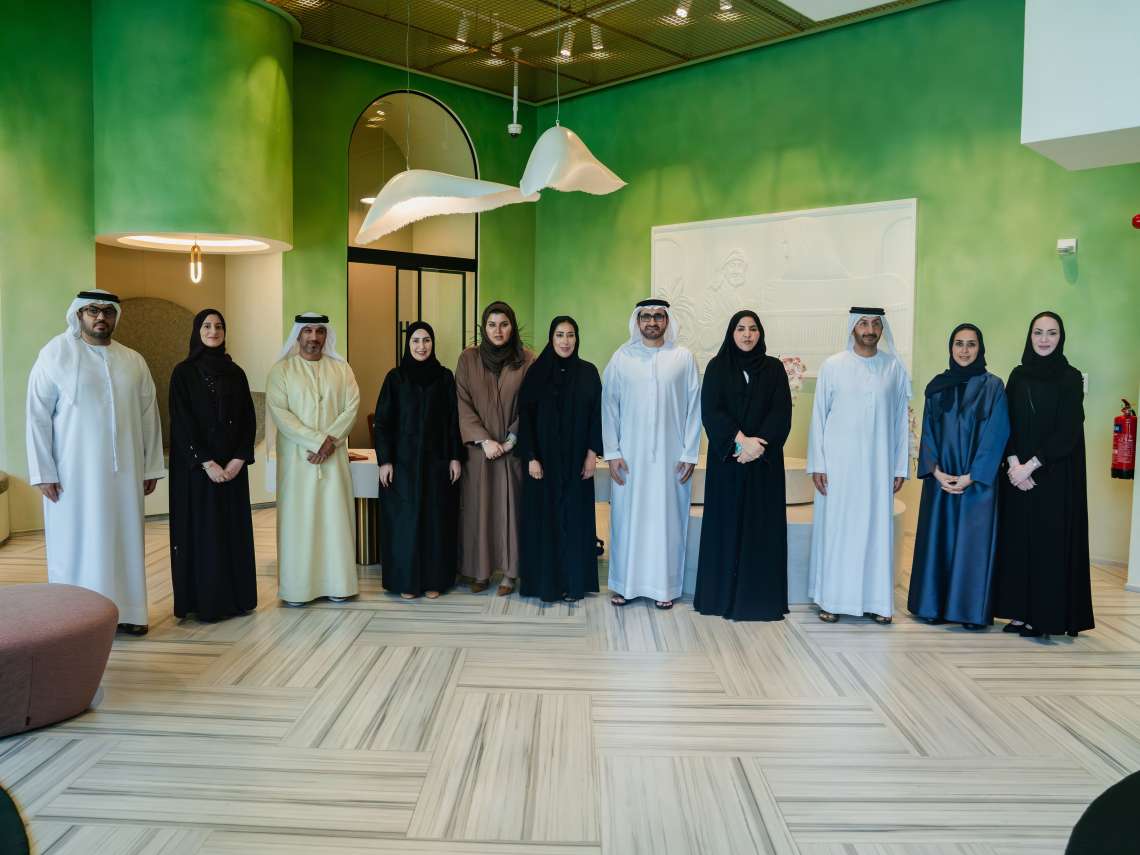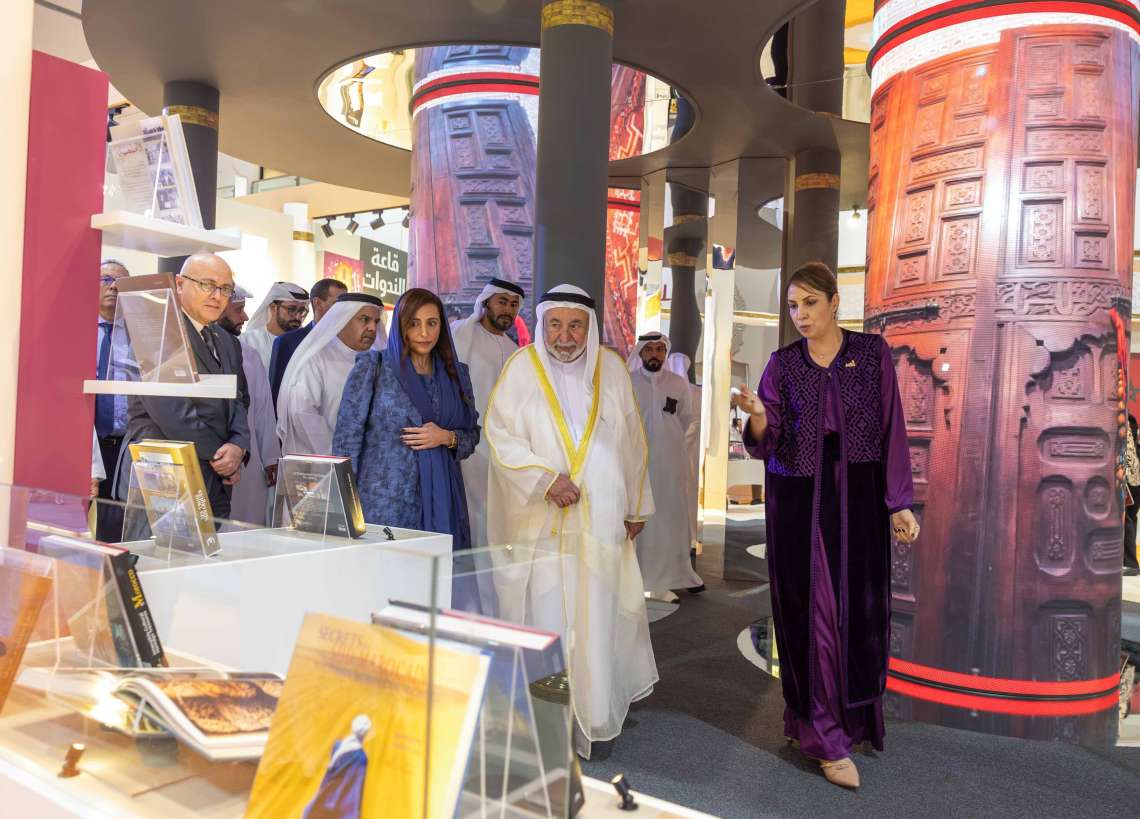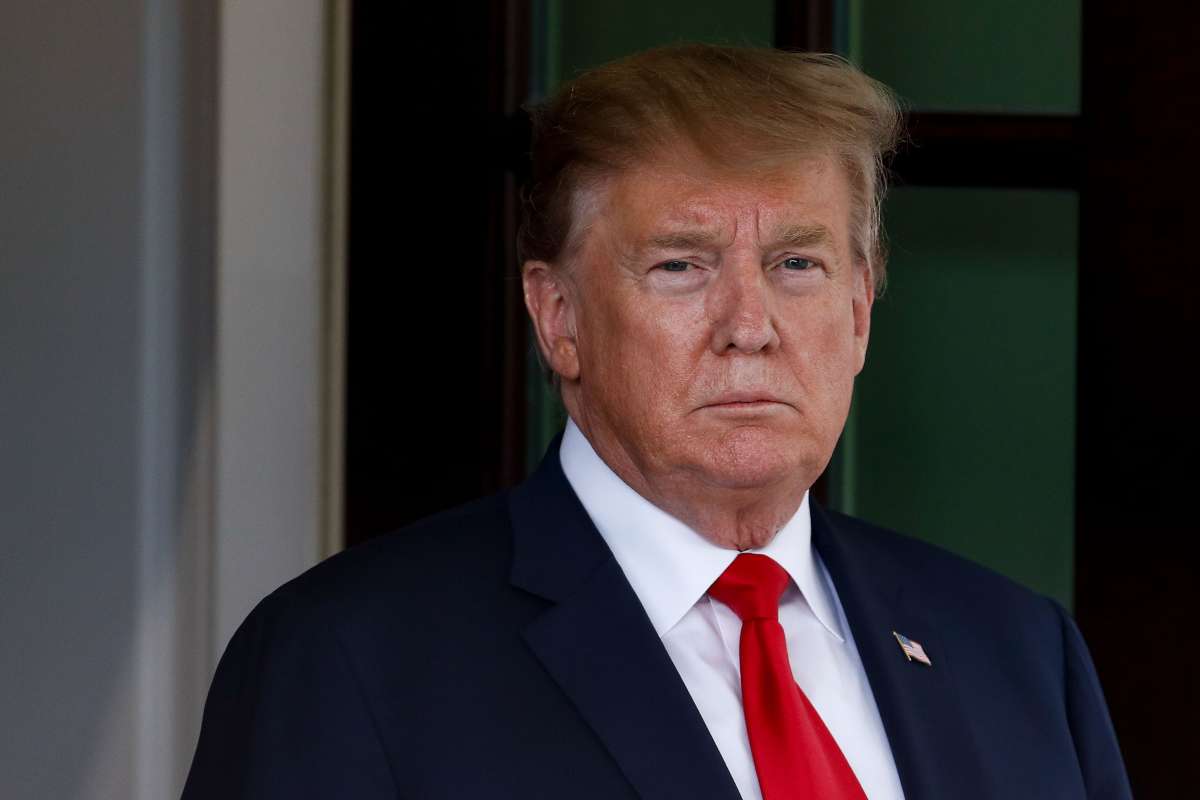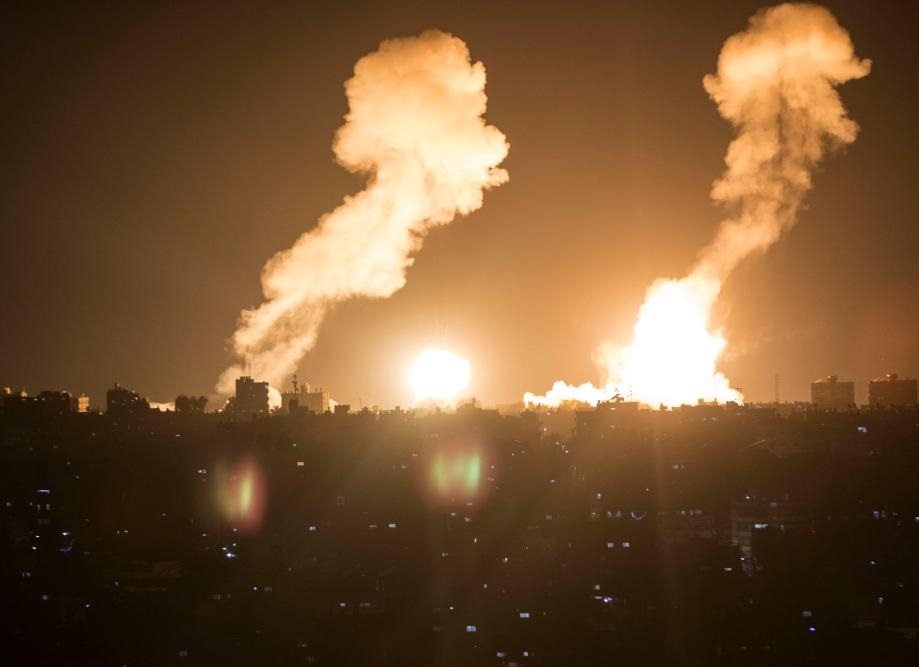The UAE Wind Programme is expected to power more than 23,000 UAE homes a year….reports Asian Lite News
UAE Wind Programme was launched by H.H. Sheikh Khaled bin Mohamed bin Zayed Al Nahyan, Crown Prince of Abu Dhabi and Chairman of Abu Dhabi Executive Council, during a ceremony on Sir Bani Yas Island.
The clean energy project builds on the leadership’s efforts to develop alternative energysources, which began with the establishment of the region’s first wind power station on Sir Bani Yas Island in 2004.
The 103.5-megawatt (MW) landmark project, developed by Abu Dhabi Future Energy Company PJSC – Masdar, will introduce cost-effective, large-scale, utility wind power to the UAE’s electricity grid, further diversifying the country’s energy mix and advancing its energy transition. The project leverages advances in technology, material science and aerodynamics to capture low wind speeds at utility scale, paving the way for further projects.
The UAE Wind Programme is expected to power more than 23,000 UAE homes a year. It will displace 120,000 tonnes of carbon dioxide, equivalent to removing more than 26,000 petrol-powered cars from the road annually. As the UAE prepares to host an inclusive COP28 that focuses on delivering results, the development underscores the UAE’s commitment to tackling climate change.
The project spans four locations, including Sir Bani Yas Island in Abu Dhabi, where a 45MW capacity wind farm plus 14 MWp (megawatt peak) solar farm has been developed, expanding on existing wind power facilities on the island.
The other wind farm locations include Delma Island (27MW), and Al Sila in Abu Dhabi (27MW), as well as Al Halah in Fujairah (4.5MW).
Speaking at the event, H.H. Sheikh Khaled bin Mohamed bin Zayed Al Nahyan highlighted that the late Sheikh Zayed’s commitment to sustainability and preserving the environment and the country’s natural resources have been engrained as a way of life in the UAE. Based on a profound vision, the Founding Father fully understood the vital importance of sustainability as a key driver of progress, and as an integral part of human history.
H.H. pointed out that Sheikh Zayed’s commitment to sustainability is reaping rewards today across many vital areas.
His Highness added that the UAE is continuing Sheikh Zayed’s work, driven by the same spirit of determination. This is demonstrated in the unwavering commitment of President His Highness Sheikh Mohamed bin Zayed Al Nahyan, with the delivery of large-scale renewable energy projects, and in his efforts to accelerate the adoption of renewable energy and lead on climate action. These achievements build on previous efforts to find alternative sources of energy, including the pioneering wind power station that was first established on Sir Bani Yas Island in 2004.
H.H. said the UAE has long acted as an energy leader in the region, developing innovative solutions to further advance the energy transition. H.H. added that the UAE is well prepared to host COP28, following the country’s ground-breaking achievements in developing different sources of renewable energy, which supply tens of thousands of homes with clean power, have created numerous jobs, and are helping to cut emissions.
The event was also attended by Dr Sultan Al Jaber, Minister of Industry and Advanced Technology, COP28 President-Designate and Chairman of Masdar; Awaidha Al Marar, Chairman of the Abu Dhabi Department of Energy; Chen Guanfu, President of PowerChina International; and Wu Kai, Chairman of Goldwind Group. PowerChina was the main Engineering, Procurement and Construction contractor for the programme and GoldWind Group was the main supplier of equipment.
Dr. Sultan Al Jaber said: “The UAE Wind Programme is a great source of national pride and a demonstration of Masdar’s ability to pioneer and implement innovations in wind and renewable energy technologies. More than twenty years ago, before Masdar was created, the late Sheikh Zayed, our Founding Father – someone who cared deeply about the environment – oversaw the completion of a wind turbine on Sir Bani Yas Island. As the UAE’s clean energy powerhouse, Masdar continues this legacy by supporting the nation’s vision as a global leader in sustainability and climate action as it unlocks the new potential of wind power. For a viable energy transition, the world must triple renewable energy capacity by 2030 to meet the Paris Agreement goals. As we look forward to hosting COP28, today’s inauguration shows the UAE’s firm commitment to this target, boosting clean energy investments both at home and abroad.”
The project marks new era in adding utility-scale wind power to the UAE’s energy mix. Energy generated by landmark solar, nuclear and waste-to-energy plants already feeds into the UAE’s national grid, and last month, the country was recognised as a world leader in solar energy use, according to data from The Energy Institute Statistical Review of World Energy.
Previously, wind energy was not viable at utility scale due to low wind speeds in the UAE, but innovations within climate technology and UAE-led expertise have made power generation using wind possible. Larger turbines, lower hardware costs, and the discovery of a unique weather phenomenon that generates high winds at night, have made the UAE Wind Programme project scalable and economically viable. Wind power being strongest at night in the UAE complements the country’s existing solar power generation.
By working with global technology leaders and turbine manufacturers, the project is paving the way for the commercialisation of further utility scale, low-wind speed projects. The project is also creating a foundation of critical scientific wind data, which will form the basis of the UAE’s next phase of development.
Masdar has been pioneering clean energy since 2006. A decade ago, the company launched the 100 MW Shams project, which was the first concentrated solar power plant to be developed in the Middle East.
In Indonesia, Masdar is at the final stages of developing the Cirata Floating Solar Plant, Southeast Asia’s largest floating solar plant. While earlier this year, the Sharjah Waste to Energy plant in the UAE recorded that it had processed over 100,000 tonnes of waste and offset over 150,000 tonnes of carbon emissions since it began operations a year ago. The region’s first waste-to-energy plant is a joint venture between Masdar and BEEAH group, the Middle East’s sustainability pioneer.
Masdar is active in more than 40 countries and has invested in a portfolio of renewable energy projects with a combined capacity of more than 20 GW. Masdar is committed to achieving at least 100 GW total renewable energy capacity by 2030.
ALSO READ:


